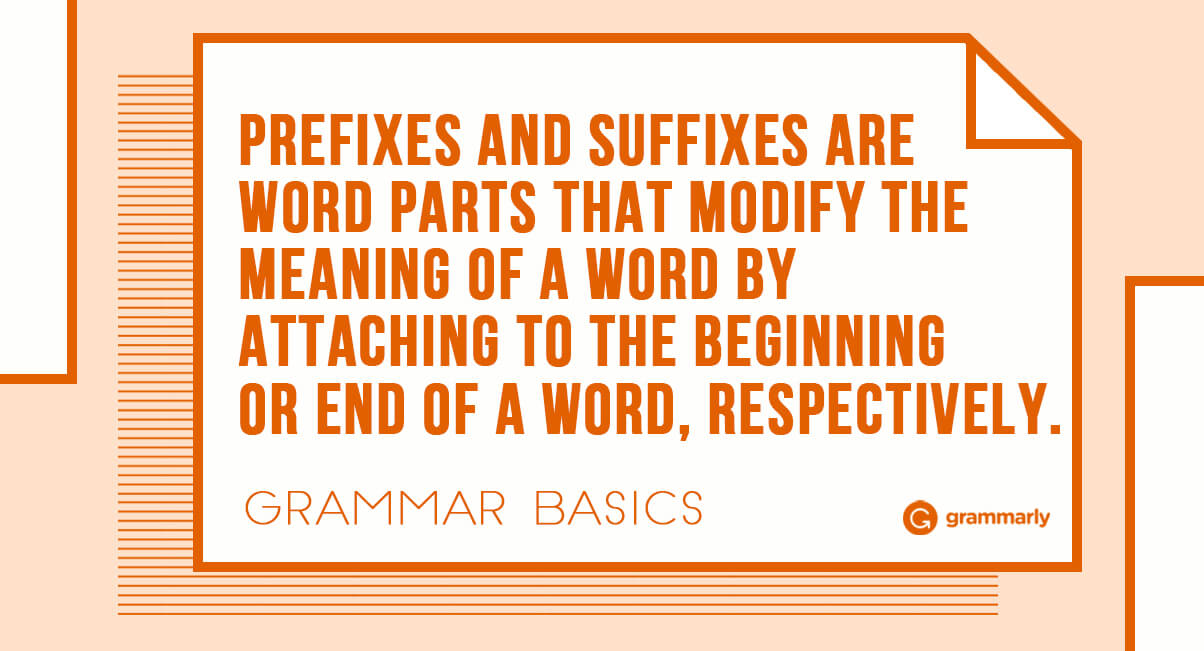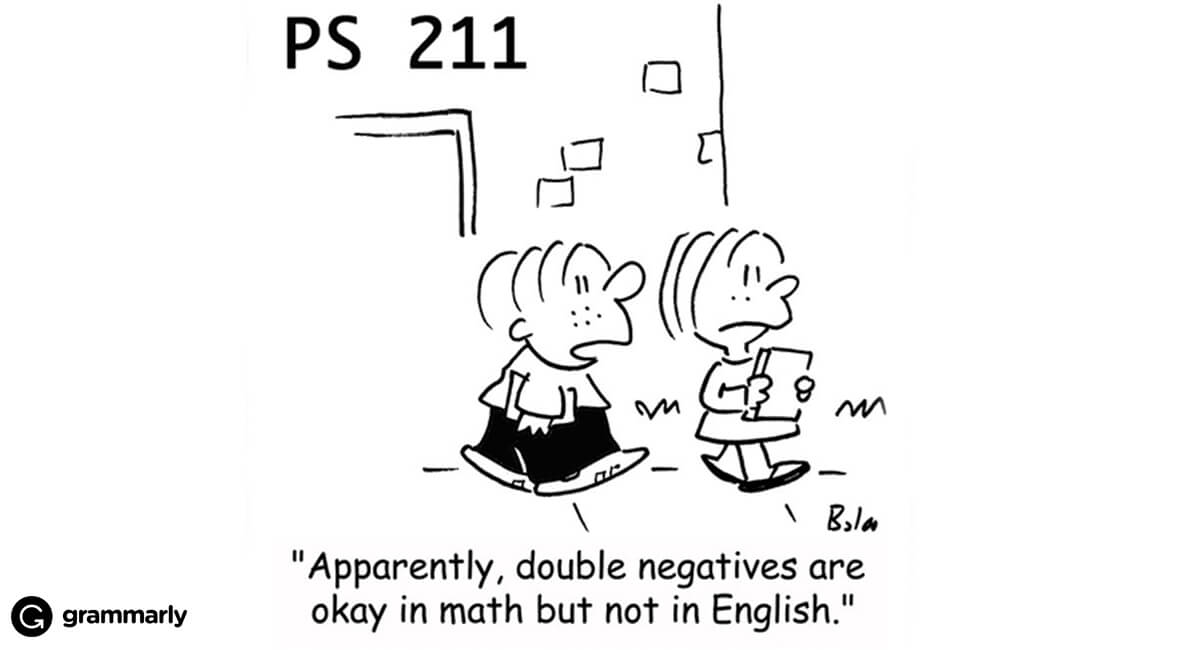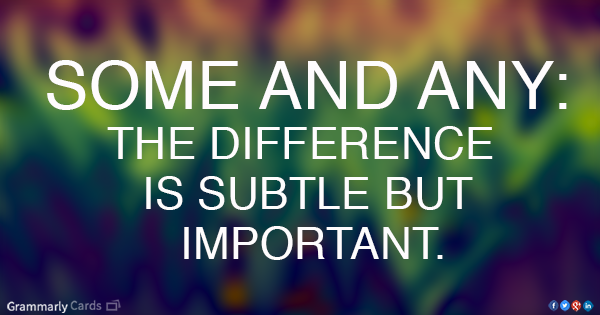Grammar Tips - Page 14
 Words That Are Not Pronounced How They Are SpelledIs English a phonetic language? Longtime ESL teacher and founder of EnglishClub.com Josef Essberger firmly says no. But the...October 30, 2015
Words That Are Not Pronounced How They Are SpelledIs English a phonetic language? Longtime ESL teacher and founder of EnglishClub.com Josef Essberger firmly says no. But the...October 30, 2015 Future PerfectThe future perfect is a verb tense used for actions that will be completed before some other point in the future. Key words:...October 22, 2015
Future PerfectThe future perfect is a verb tense used for actions that will be completed before some other point in the future. Key words:...October 22, 2015- 10 Tricks to Help Your Child Remember Tricky Spelling WordsGuest post by Laura Wallis with The Stir and CafeMom Elementary school kids are bombarded with techniques to help them master...October 22, 2015
 The Most Common Grammar and Language QuestionsYou’re writing a paper, but suddenly you stop because you’re not sure about a grammar rule. What do you do? Many turn to grammar...October 14, 2015
The Most Common Grammar and Language QuestionsYou’re writing a paper, but suddenly you stop because you’re not sure about a grammar rule. What do you do? Many turn to grammar...October 14, 2015 Common Prefixes and Suffixes for Learning EnglishDo you ever feel confused? Most people are familiar with this common adjective; they could answer the question with ease. The...September 16, 2015
Common Prefixes and Suffixes for Learning EnglishDo you ever feel confused? Most people are familiar with this common adjective; they could answer the question with ease. The...September 16, 2015 Double Negatives: 3 Rules You Must KnowYou probably have been told more than once that double negatives are wrong and that you shouldn’t use them. However,...April 1, 2015
Double Negatives: 3 Rules You Must KnowYou probably have been told more than once that double negatives are wrong and that you shouldn’t use them. However,...April 1, 2015 Whoever vs. Whomever: Which One Should You Use?Choosing whoever or whomever can be easy. Whomever is an object pronoun and works like the pronouns him, her, and them (Give the...March 20, 2015
Whoever vs. Whomever: Which One Should You Use?Choosing whoever or whomever can be easy. Whomever is an object pronoun and works like the pronouns him, her, and them (Give the...March 20, 2015 Learn the Difference Between ‘Some’ and ‘Any’ in Less Than a MinuteSome typically implies a specific type or form. For example: I bought some candles. Some of my Facebook friends live in San...December 18, 2014
Learn the Difference Between ‘Some’ and ‘Any’ in Less Than a MinuteSome typically implies a specific type or form. For example: I bought some candles. Some of my Facebook friends live in San...December 18, 2014- Gone vs. Went—Learn the DifferenceWent is the past tense of go. Gone is the past participle of go. Examples of gone and went If you aren’t sure whether to use gone...November 6, 2014
- How to Eliminate Dangling Modifiers from Your WritingWhat is a dangling modifier? Don’t worry; it’s not as gruesome as it sounds. It’s a grammatical error where the...October 20, 2014